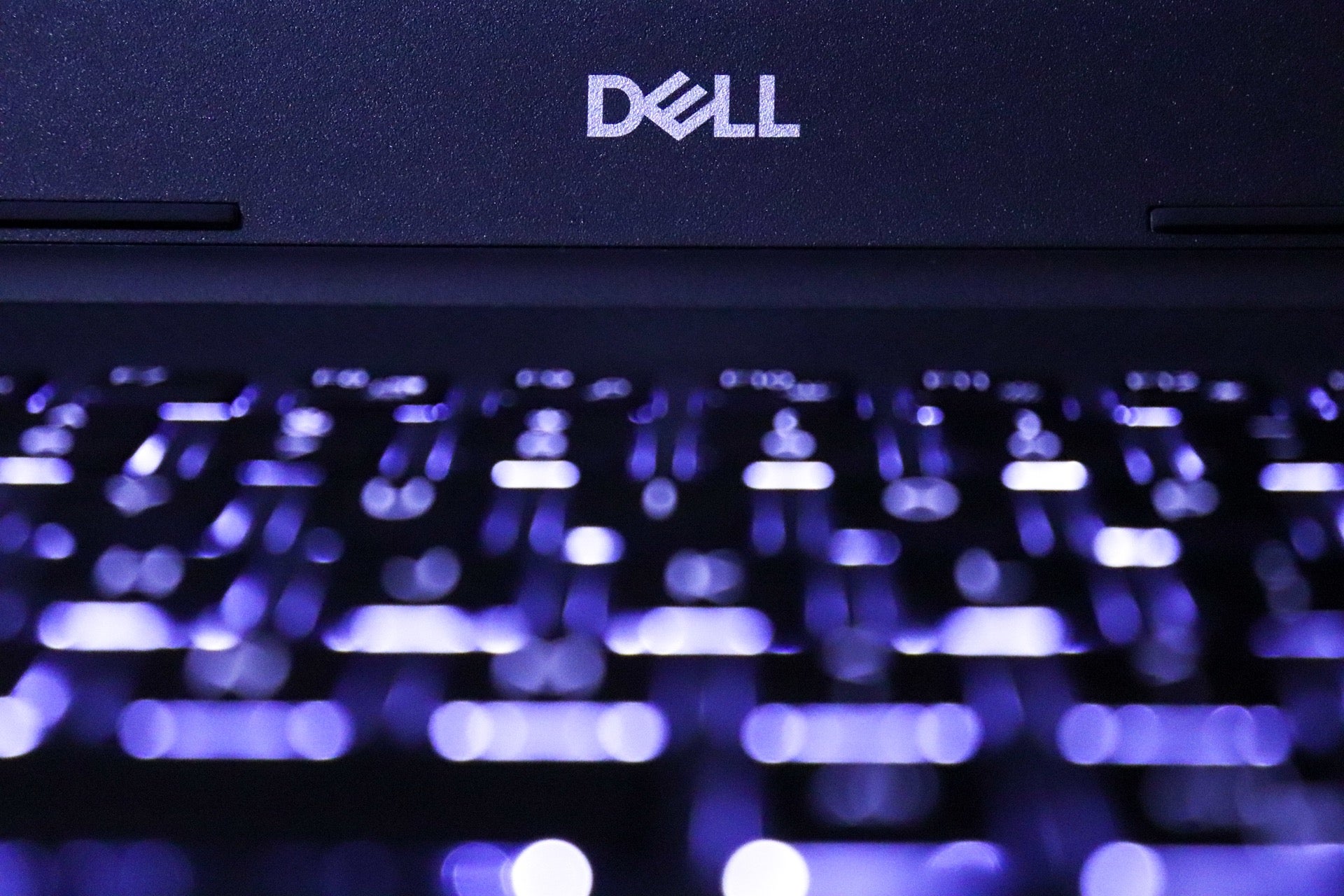
The eponymous CEO of Dell has joined the choir of top industry executives predicting that the ongoing global semiconductor shortage “will probably continue for a few years”. Michael Dell, who founded the company which bears his name in 1984, voiced his concerns as automakers and tech companies fear that global chip scarcities will hold back production and threaten bottom lines.
Dell’s annual orders of about $70bn worth of semiconductors make it one of the biggest customers in the sector.

Access deeper industry intelligence
Experience unmatched clarity with a single platform that combines unique data, AI, and human expertise.
“The shortage will probably continue for a few years,” Dell said on Tuesday, Reuters reported. “Even if chip factories are built all over the world it takes time.”
The company will particularly struggle to get a hold of older and cheaper semiconductors in the one-dollar range that “are used practically everywhere,” the CEO said, adding that “newer technologies are not easy to come by.”
The statement echoes similar sentiments shared by the likes of C C Wei, CEO of giant chipmaker the Taiwan Semiconductor Manufacturing Company. In April Wei estimated that the shortage would last into 2023.
In early May, Infineon CEO Reinhard Ploss offered a slightly more optimistic outlook, suggesting that the drought could last as far as 2022.

US Tariffs are shifting - will you react or anticipate?
Don’t let policy changes catch you off guard. Stay proactive with real-time data and expert analysis.
By GlobalDataA number of factors contributed to the dearth of chips, with the pandemic being chief among them. Covid-19 encouraged car manufacturers to cancel chip orders in 2020. Manufacturing capacity was then redirected to the booming consumer electronics market, resulting in a shortage for vehicle makers as demand for vehicles returned.
US sanctions against Chinese chip makers, factory fires and severe weather in Texas further compounded the problem.
“The scarcity of chipsets is driving up costs of not only the chipsets themselves, but even cheaper components of microchips, setting off panic buys (adding to the shortage) as well as increasing the cost of raw materials for consumer tech products,” noted GlobalData analysts in a report published in May.
Car manufacturers like Tata Motors’ Jaguar Land Rover and BMW-owned Mini have at times halted production of new vehicles as a result of the scarcity. Smartphone, tablet and computer maker Apple expects losses up to $4bn this quarter because of the chip shortage. Samsung has also revealed that it is experiencing disruption to its production because of the chaos.
But the scarcity has not been bad news for everyone. For instance, ASML Holding beat market expectations in April by reporting a 241% jump in year-on-year profits after the global chip shortage put its lithography machines in high demand among semiconductor suppliers, pushing its Q1 income to €1.33bn on revenues of €4.36bn. ASML is the sole maker of Extreme Ultraviolet (EUV) lithography machines, required to manufacture the latest and most powerful processing circuitry with the smallest gate sizes.
In China, the chip shortage has brought domestic chip and car manufacturers closer together. The China Association of Automobile Manufacturers sponsored the recent three-day Global Semiconductor Industry Expo held in China’s central city of Chongqing. It was the first time the carmaker’s group had sponsored the annual event.







